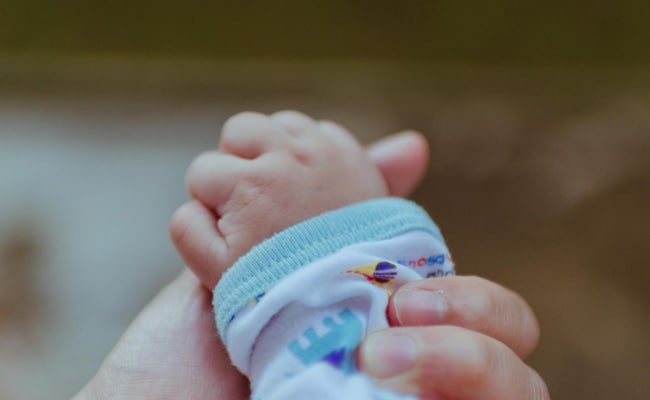South Korea Breaks Record For World’s Lowest Fertility Rate, Again
The average number of expected babies per South Korean woman over her reproductive life fell to 0.78 in 2022, down from 0.81 a year earlier.
In yet another grim milestone, South Korea has recorded the world’s lowest fertility rate with the number falling to a new low. With this, the country has smashed its own record for the world’s lowest fertility rate again, CNN reported.
The average number of expected babies per South Korean woman over her reproductive life fell to 0.78 in 2022, down from 0.81 a year earlier, according to data published by Statistics Korea on Wednesday. The number of newborns declined last year to 249,000 from 260,600 a year earlier which is less than five per cent of the population. This is the lowest among more than 260 nations tracked by the World Bank.
As per CNN, countries need a fertility rate of 2.1 to maintain a stable population. While the birth rate in the South East Asian nation has been falling since 2015, it has recorded more deaths than births for the first time since 2020.
The country also has the world’s fastest-shrinking population among economies with per capita gross domestic product of at least US$30,000, according to United Nations projections and World Bank data.
Despite the country spending billions of dollars each year on childcare subsidies, the government has failed to reverse the falling birth rate. The government has spent 280 trillion won ($210bn) over the past 16 years to reverse the falling birth rate but has failed to achieve the expected results.
The plummeting birth rate has now stoked fears that a declining population could severely damage the South Korean economy, because of a workforce shortage.
Some of the factors cited for the low fertility rate are expensive housing, gender and social inequality, low levels of social mobility, and the huge expense of raising children in a highly competitive and expensive education system. Korean women are also having children later in life. In addition, housing costs have also surged.
According to economists, South Korea needs to do more to improve gender equality so that women feel less worried about losing their jobs by having children.




